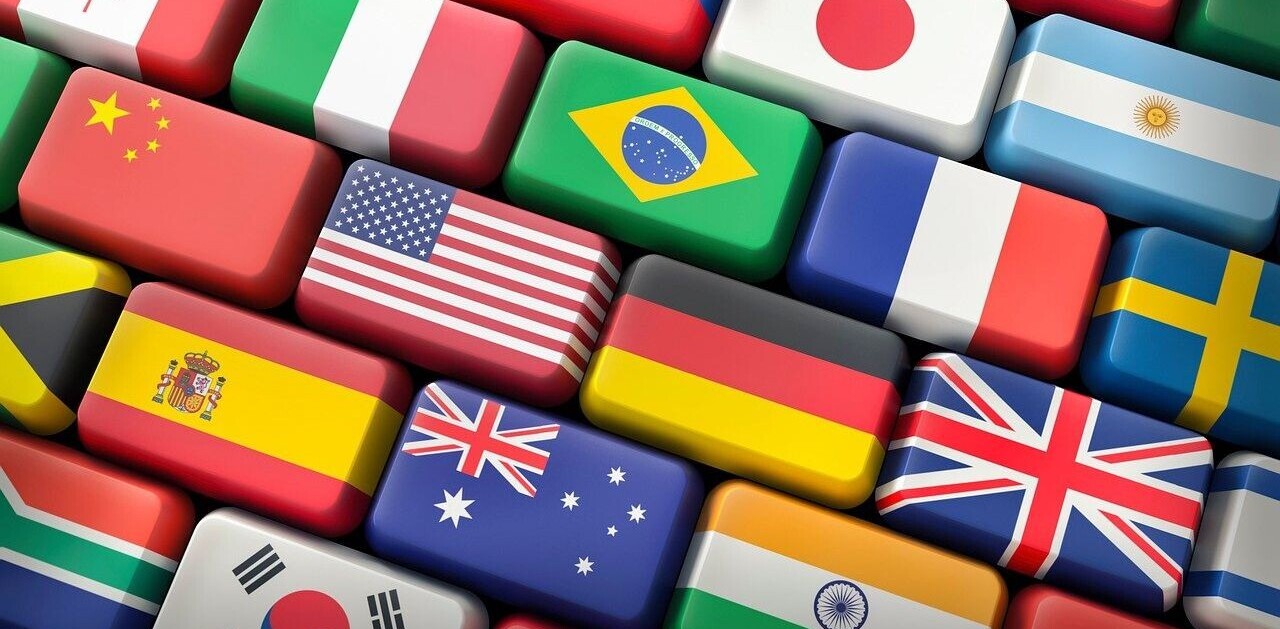
Fab, the e-commerce startup dedicated to design products, has made a significant move today after it stopped sending its signature flash sales emails in favor of a more personalized approach that lets users ‘follow’ categories of interest, a la Pinterest.
The idea, founder Jason Goldberg explains, is to let its 14 million members create a “personalized Fab experience” by following product categories that they like, for example ‘furniture’ or ‘art’.
So rather than receiving information about all of Fab featured products or special offers that day via an email to the mailing list, users narrow their selection to what interests them and get updates via email, while support coming soon to its mobile apps will enable push notifications.
Writing on his blog, Goldberg says that topics will be expanded to include specific designers (and their products) and broader keywords like ‘photography’ to improve discovery across the site.
The changes are already live for users in Europe and will be launched in the US from 8:00 am ET.
The update is a significant one that completes the pivot away from flash sales, which was once Fab’s come business and currently accounts for under 40 revenue revenue, which began in April this year when a raft of changes were announced. That included the relaunch of Fab’s design store and the introduction of product types, these two concepts are core to today’s news.
The move to personalized discovery comes less than one month after Chinese Internet giant Tencent led a $150 million Series D round of investment in Fab. As part of the deal, the two companies will work together to introduce the service in China, funneling Tencent’s significant roots as a communications company.
Japanese retail conglomerate Itochu also partook in the round, hinting at another future expansion, while India is also on the horizon after investment from Times Internet earlier this year.
Manhattan-based Fab booked $120 million in revenue last year. It estimates that the figure will increase to $250 million in 2013, although that will not make it profitable.
To date, Fab has raised more than $320 million from investors. Its recent series C round saw Andreessen Horowitz, Menlo Ventures, Japan’s Docomo Capital, Atomico and others put in $105 million. Much of that was spent on internationalizing the service, which is available in more than 25 countries.
Headline image via Thinkstock
Get the TNW newsletter
Get the most important tech news in your inbox each week.





